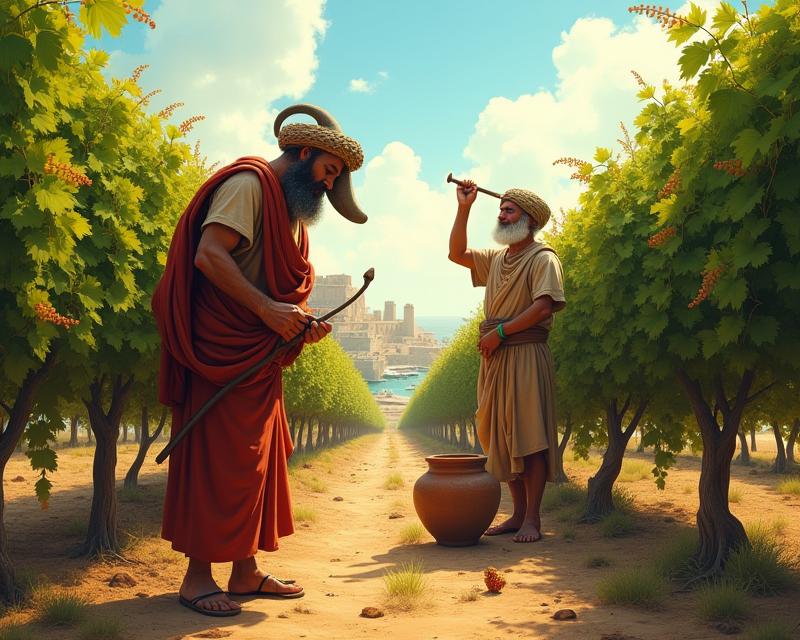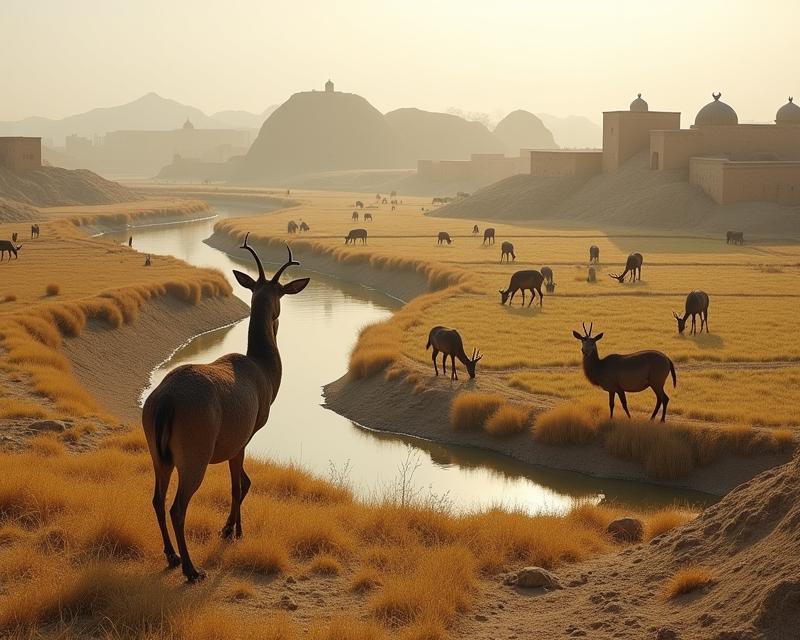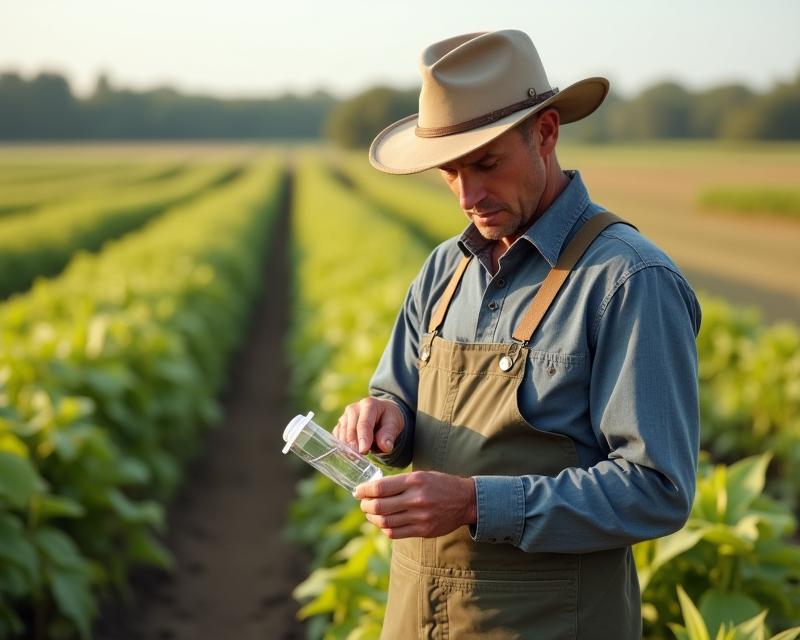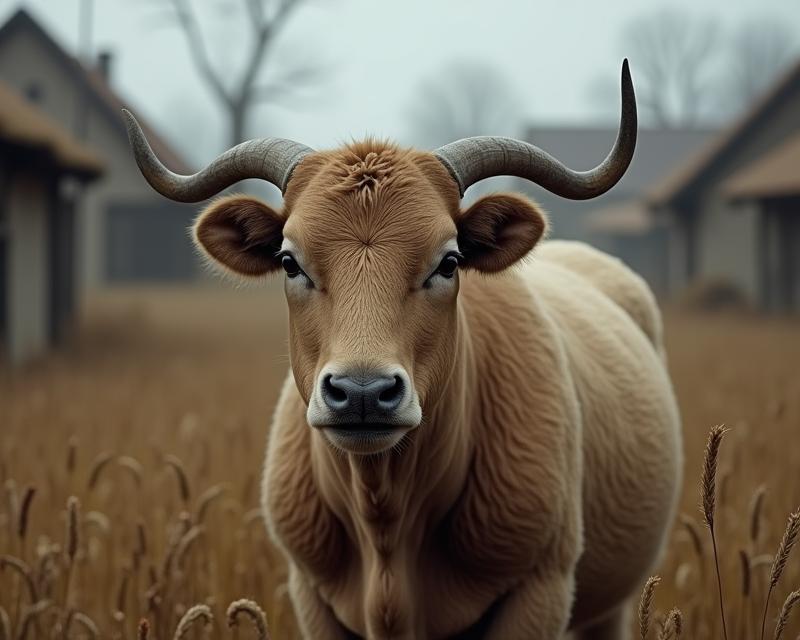Drones: Eyes in the Sky for Modern Farms
Publish in Agriculture el 28/06/2025 22:18
Drones: Eyes in the Sky for Modern Farms
Modern agriculture is undergoing a technological revolution, and drones are leading the charge. These unmanned aerial vehicles (UAVs) are no longer just toys; they're powerful tools transforming how farmers monitor crops, manage resources, and ultimately, increase yields. From large-scale commercial operations to smaller family farms, drones offer a cost-effective and efficient way to gather critical data that was previously difficult or impossible to obtain.
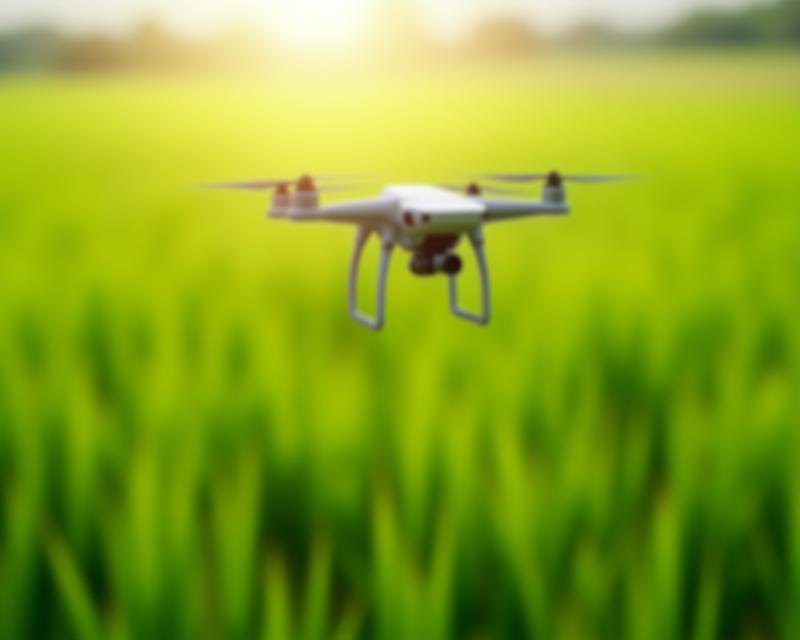
What Can Drones Do for Your Farm?
The capabilities of agricultural drones are extensive. Equipped with various sensors, including high-resolution cameras, multispectral imagers, and thermal sensors, drones can perform a wide range of tasks. One of the most significant applications is crop health monitoring. Drones can identify areas of stress due to disease, pests, or nutrient deficiencies *before* they become widespread problems. This allows farmers to take targeted action, minimizing losses and reducing the need for broad-spectrum treatments. They can also assess plant density, estimate yield potential, and map field boundaries with incredible accuracy.
Benefits of Drone Use
The advantages of incorporating drones into farming practices are numerous. Firstly, they save time and labor. Traditional methods of field inspection are time-consuming and require significant manpower. Drones can cover large areas quickly and efficiently, providing a comprehensive overview of the farm. Secondly, drones offer improved data accuracy. The data collected by drones is far more detailed and precise than what can be obtained through visual inspection alone. This data-driven approach allows for more informed decision-making. Finally, drone use can lead to significant cost savings. By optimizing resource allocation (water, fertilizer, pesticides) and preventing crop losses, farmers can improve their bottom line.
The Future of Drone Technology in Agriculture
Drone technology is rapidly evolving, with advancements in sensor technology, data processing, and artificial intelligence (AI) constantly improving their capabilities. Future applications include automated spraying, precision irrigation, and even robotic harvesting. As drone technology becomes more accessible and affordable, it's poised to play an even greater role in shaping the future of agriculture, helping farmers produce more food with fewer resources and a smaller environmental footprint. The ability to analyze data in real-time and make immediate adjustments is a game-changer for sustainable farming practices.
